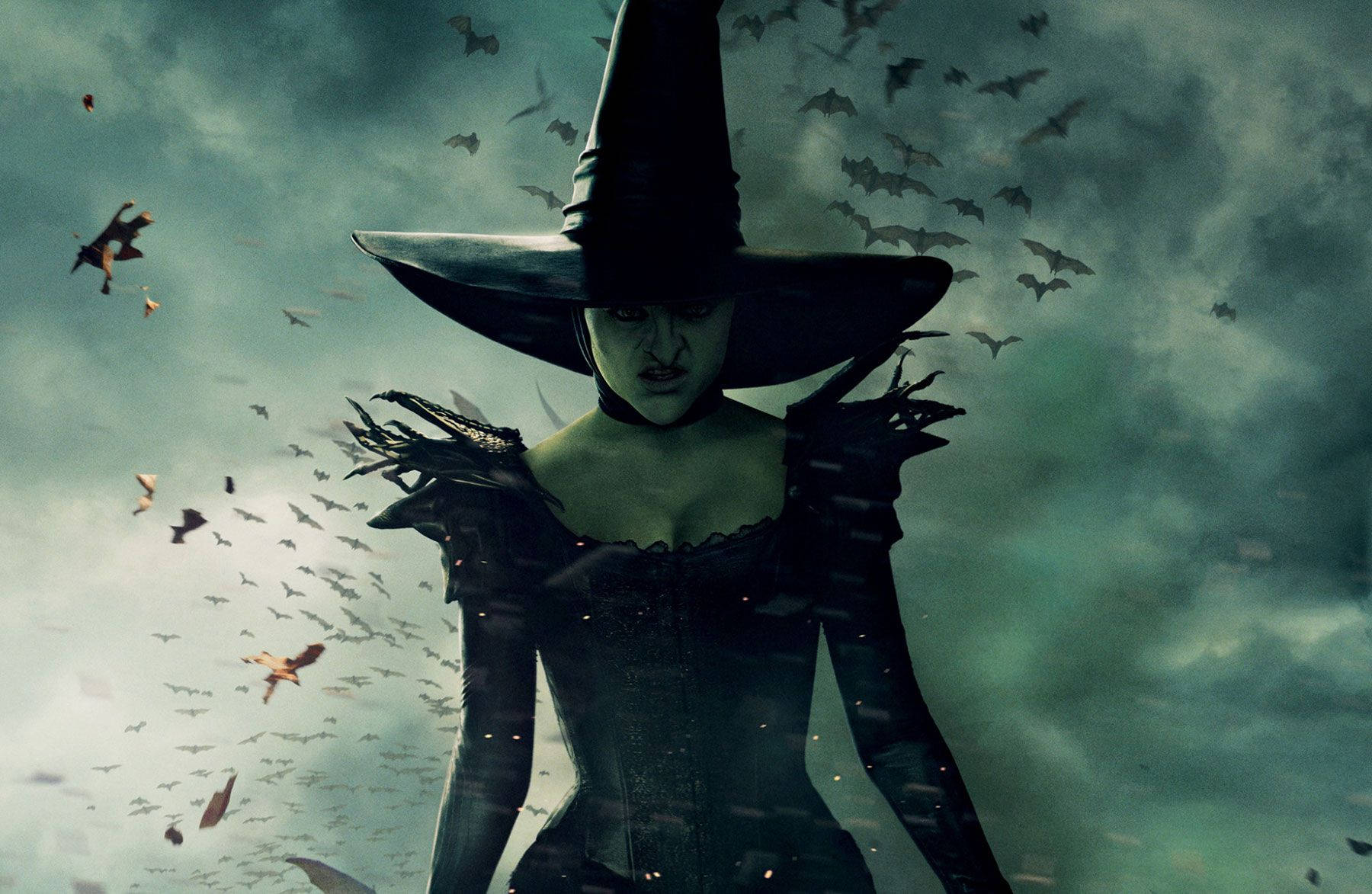
FAQ About Magic in the Middle Ages
Magic in the Middle Ages
2 years ago | gizem
What was the role of astrology in medieval magic?
Astrology played a significant role in medieval magic, and its influence was deeply intertwined with various aspects of magical practices during that period. The practice of astrology involved the belief that celestial bodies, such as the stars, planets, and the moon, could influence human affairs and the natural world. Here are some key aspects of the role of astrology in medieval magic:
- Divination and Prediction: Astrology was primarily used for divination and prediction. Astrologers believed that the positions and movements of celestial bodies at the time of a person's birth or a significant event could reveal insights into their personality, fate, and future. Astrological charts (horoscopes) were created to analyze and interpret these influences.
- Magical Timing: Astrology was used to determine auspicious or inauspicious times for various magical rituals and actions. Practitioners believed that certain planetary alignments or positions were more conducive to the success of magical operations.
- Astrological Talismans and Amulets: Magical practitioners crafted talismans and amulets based on astrological correspondences. These objects were believed to harness the power of specific celestial influences and could be used for protection, healing, or other purposes.
- Astrological Medicine: Astrological principles were applied to medical practices. Physicians and healers believed that certain illnesses were influenced by specific celestial configurations and that astrological remedies could aid in healing.
- Astronomy and Astrology: The study of astronomy was closely connected to astrology in the medieval period. Observing and interpreting celestial events, such as eclipses and planetary conjunctions, was believed to have magical significance and influence.
- Influence on Medieval Philosophy: Astrology had an impact on medieval philosophical thought. It was integrated into the cosmological and metaphysical frameworks of the time, shaping notions of fate, destiny, and the interconnectedness of all things.
- Astrological Magic and Invocation: Astrological rituals were performed to invoke specific planetary energies or spirits associated with celestial bodies. Practitioners sought to harness these forces for magical purposes.
- Astrological Texts and Grimoires: Medieval astrological knowledge was recorded in various texts and grimoires. These texts provided guidance on the interpretation of celestial phenomena and the application of astrology in magical practices.
- Astrological Almanacs: Astrological almanacs were popular in the Middle Ages, providing information on the positions of celestial bodies and their influence on different aspects of life, including weather, agriculture, and health.
- Syncretism with Other Magical Traditions: Astrology often coexisted with other forms of magical practices, such as alchemy, talismanic magic, and divination, leading to the blending of different occult disciplines.
